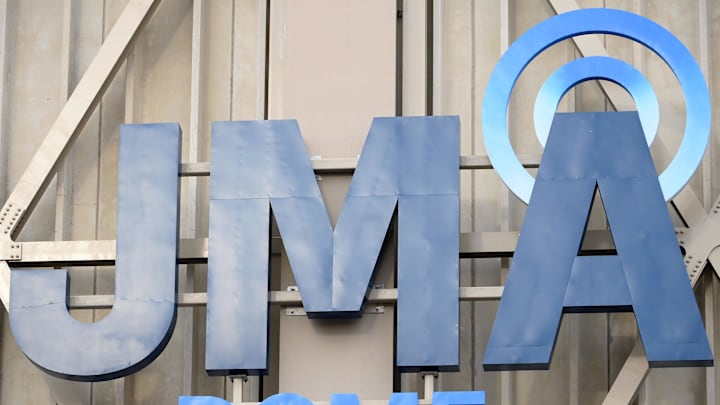The Syracuse Orange and its peers around the country have already been dealing with a transformational shift in collegiate athletics, given ongoing conference realignment, the evolution of name, image and likeness opportunities, the explosion of the transfer portal, and other factors.
But as it pertains to college sports and the athletes who play them, another historic moment is upon us.
As multiple media outlets reported in recent days, the NCAA and its major conferences, including the Atlantic Coast Conference, have agreed to let schools directly pay players for the first time since the inception of collegiate athletics.
Per ESPN's Dan Murphy and Pete Thamel, for one, the NCAA and these leagues have come together on a massive agreement to settle several pending antitrust legal cases at the federal level.
According to ESPN, "The NCAA will pay more than $2.7 billion in damages over 10 years to past and current athletes, sources told ESPN. Sources said the parties also have agreed to a revenue-sharing plan allowing each school to share up to roughly $20 million per year with its athletes."
The landscape continues to change for the Syracuse Orange and its peers nationwide.
Let me reiterate just how historic and monumental this is for college sports, whether ultimately for the better or the worse. Per ESPN, Division I athletes "dating back to 2016 are eligible to receive a share as part of the settlement class."
ESPN and other media outlets note that this proposed settlement must be approved by a judge who is overseeing the three pending antitrust cases, and schools would likely begin sharing their revenue with athletes in the fall of 2025, per ESPN.
As Murphy and Thamel report, among others, this proposed agreement could decrease the NCAA's exposure to antitrust legal cases in the future, but the settlement doesn't make all pending issues simply go away.
ESPN, for example, says: "Athletes and their advocates are still fighting to become employees or find other ways to collectively bargain in the future, which could reshape a revenue-sharing agreement."
Statement on settlement: pic.twitter.com/OzXhW59k5i
— The ACC (@theACC) May 24, 2024
In a joint statement from NCAA President Charlie Baker and the commissioners of the ACC, the Big Ten, the Big 12, the Pac-12, and the SEC conferences, they wrote, "The five autonomy conferences and the NCAA agreeing to settlement terms is an important step in the continuing reform of college sports that will provide benefits to student-athletes and provide clarity in college athletics across all divisions for years to come. This settlement is also a road map for college sports leaders and Congress to ensure this uniquely American institution can continue to provide unmatched opportunity for millions of students. All of Division I made today's progress possible, and we all have work to do to implement the terms of the agreement as the legal process continues. We look forward to working with our various student-athlete leadership groups to write the next chapter of college sports."
On3's Pete Nakos put out an interesting piece regarding this proposed settlement and how it relates to NIL and collectives that operate in support of schools nationwide, including the Syracuse Orange.
Last September, commercial NIL collective Orange United launched as the preferred collective for SU Athletics. Orange United is operated by the Atlanta-based Student Athlete NIL ("SANIL").
Nakos, in his article, wrote, "For a platform like Student Athlete NIL (SANIL), revenue sharing could open up a new side of the business. ... Along with developing a platform made to deliver a return on investment for fans and donors, SANIL has set up the infrastructure to be the vehicle on campuses to distribute revenue."
Chris Brown, the CEO of SANIL, told Nakos in part, "There’s going to be a salary level, and collectives are going to be the bonus or that key differentiator."
